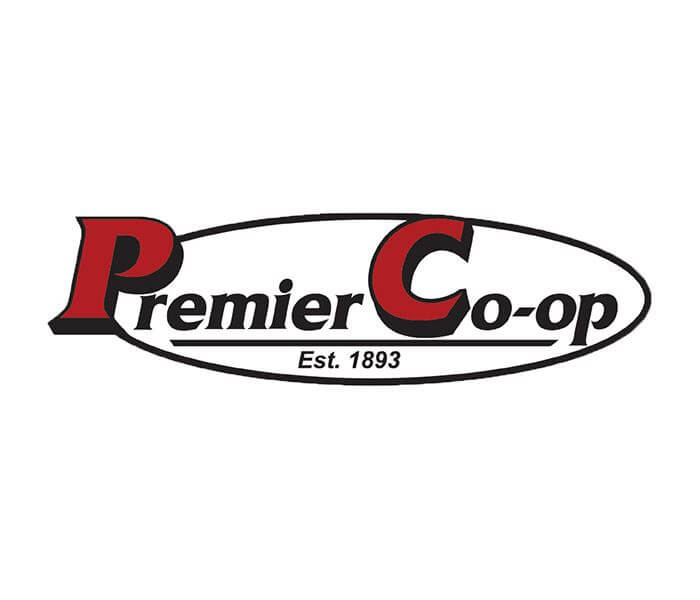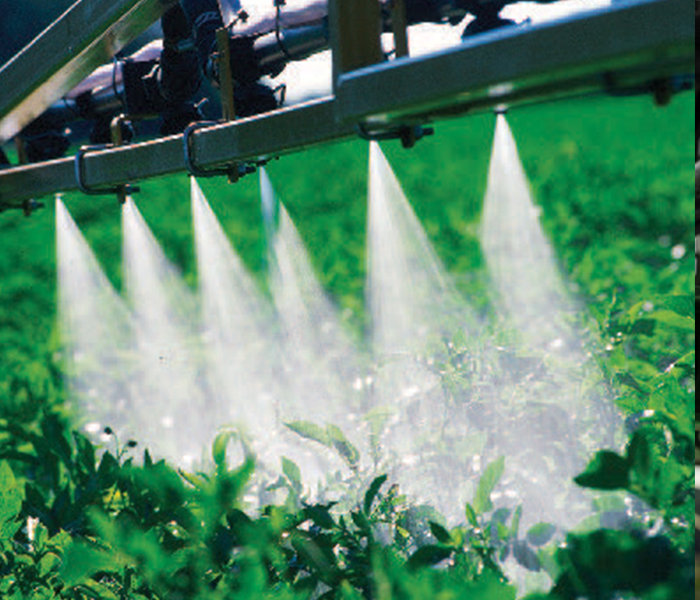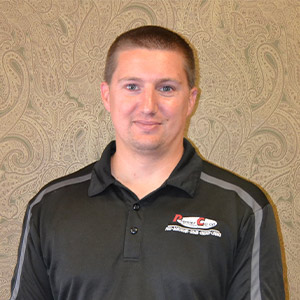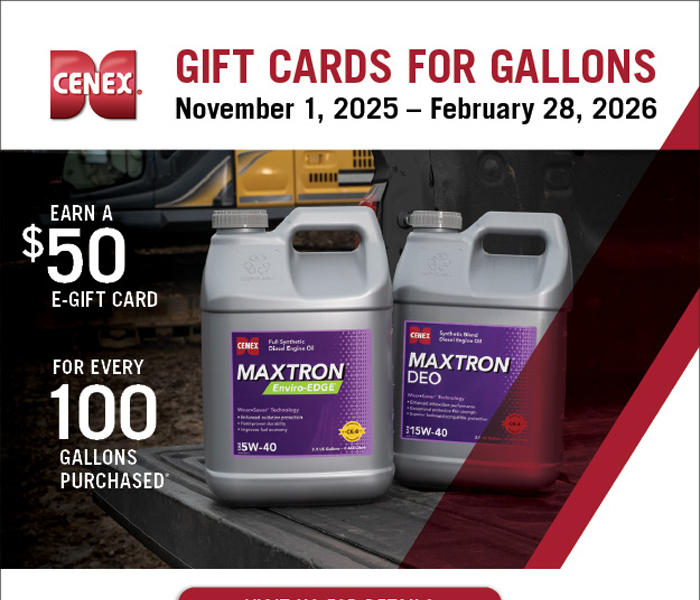Reach your goal and crop potential with the right adjuvant.
This year, every farmer is facing tough input decisions. Adjuvants improve plant coverage and reduces drift, optimizing your herbicide, fungicide, insecticide and desiccant applications. So while you might pay a little more today, you’ll be looking at fewer weed escapes tomorrow. Here are a few adjuvant recommendations for the Enlist acre.
Class Act® NG® is an NIS and AMS water conditioner designed as an easy-to-use formulation that minimizes foaming. Class Act® NG® improves efficacy by three main functions:
- Reducing tie-up in the tank (Ammonium sulfate, AMS)
- 2.5 gal/100 gal contains 8.5 lbs AMS
- Increases surface area (non-ionic surfactant, NIS)
- 2.5 gal/100 gal contains 2-quart equivalent of NIS
- Increasing herbicide uptake (CornSorb®)
- High Fructose CornSyrup (HFCS)
- Increases humectancy/droplet sticking
- Alkyl Polyglucosides (APG)
- Increases uptake of cations
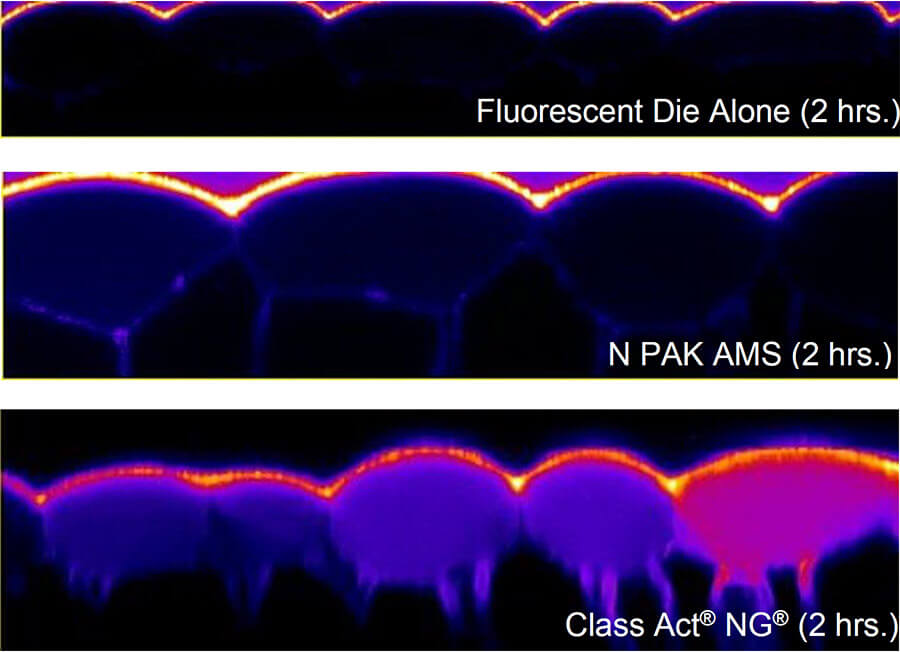
Fluorescent die shows differences of penetration of nutrient or active ingredient into plant cells for faster plant uptake with Class Act® NG®
CornSorb® technology that combines both high fructose corn syrup plus alkyl polyglucosides for increased nutrient or herbicide uptake.
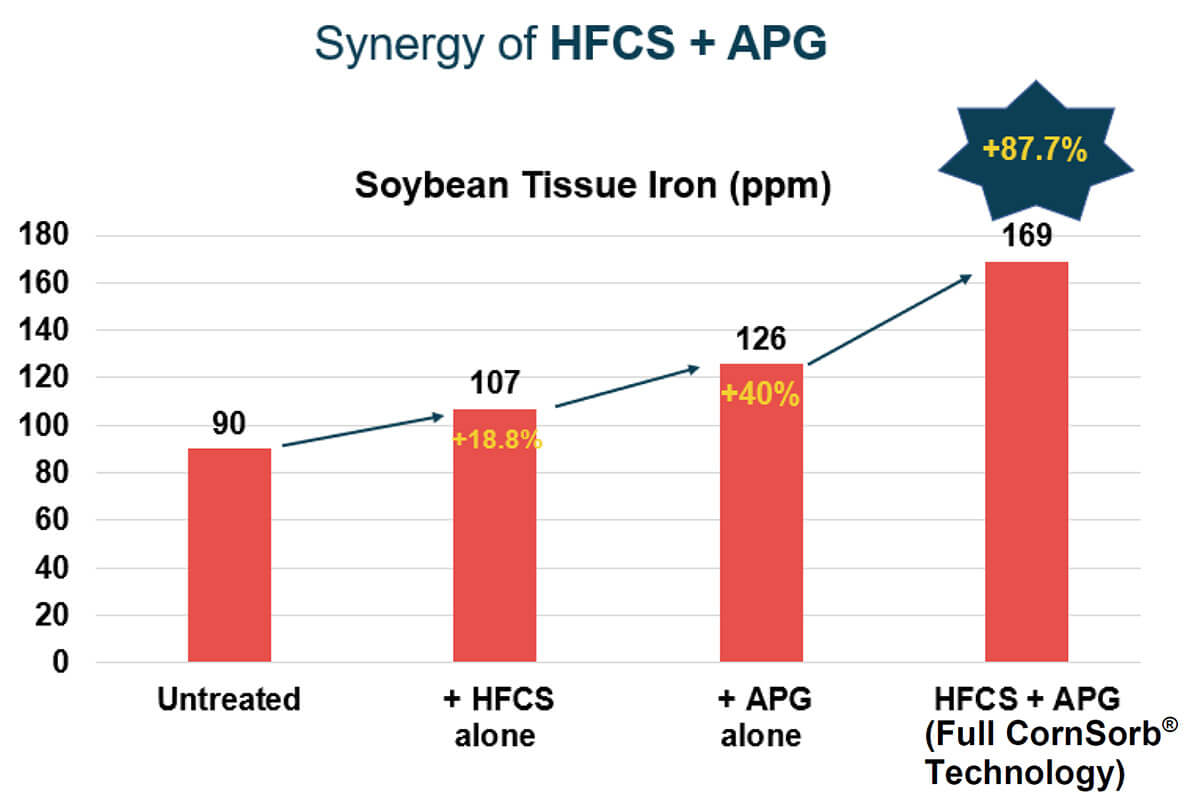
Trials using full CornSorb® technology demonstrated 87.7% increase over untreated trials.
Interlock® drift and deposition aid helps reduce driftable fines and increases deposition of pesticide active ingredient onto pests.
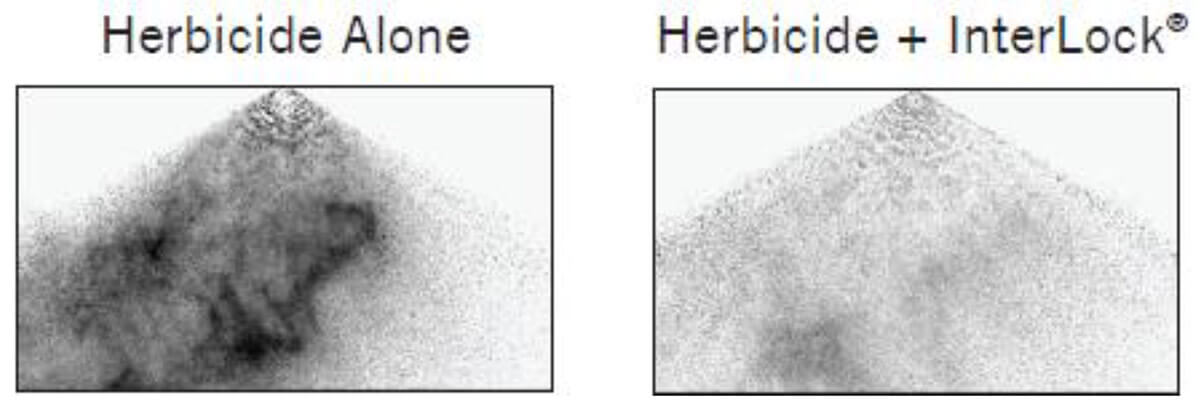
Interlock® helps to maintain a more consistent droplet size spectrum and reduces the formation of smaller droplet sizes that are more susceptible to off-target movement as shown by the darker cloud of fine spray particles.
Recommendation Summary & Use Rates
Herbicide
|
Winfield United Adjuvant
|
Adjuvant Function
|
Use Rate
|
2,4-D Choline Chemistry
|
Class Act® NG®
|
AMS water conditioner
|
2.5-5% v/v
|
Interlock®
|
Minimizes driftable fines
|
4-6 fl oz/A
|
|
Use the form below to contact an agronomist and receive an Enlist trait herbicide system comparison.
